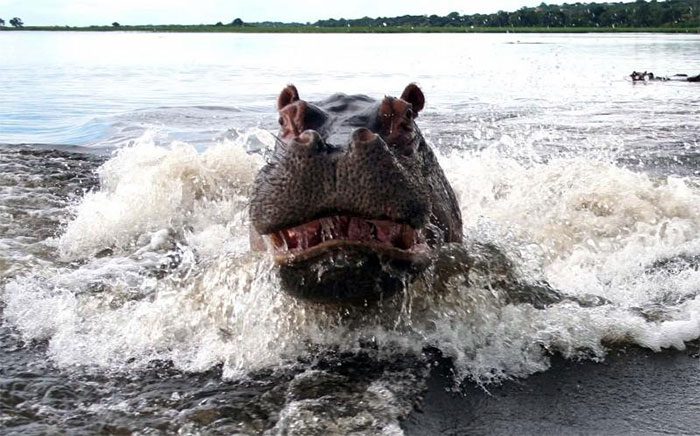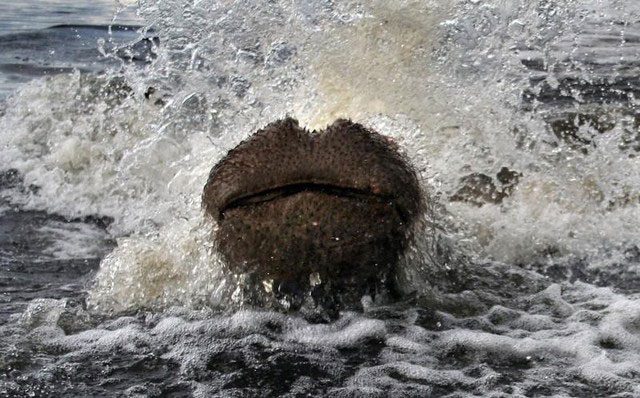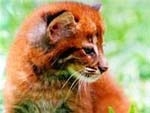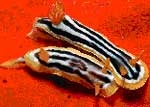The first rule when traveling in Africa is to never “joke” with a hippopotamus!
Hippopotamuses are considered amphibious creatures as they spend up to 16 hours a day in water. They are enormous animals and are the third largest land mammals today, following elephants and white rhinoceroses.
They can reach lengths of 3.3 to 5 meters and stand up to 1.6 meters tall at the shoulder. Female hippopotamuses average around 1,400 kg, while males weigh between 1,600 and 4,500 kg.

The extremely angry face of a mother hippopotamus.
In stark contrast to the shy and gentle nature of typical herbivores, the hippopotamus is one of the most dangerous species in Africa, known for its aggressive behavior that ranks it as one of the most dangerous animals in the world.
This creature’s weapons lie in its “earth-shattering” strength, along with its large teeth and tusks used to fend off threats, including humans.
On average, around 2,900 people die each year due to encounters with hippopotamuses, a number significantly higher than fatalities caused by infamous “bloodthirsty” predators like sharks.
The reason is that hippopotamuses are extremely temperamental and can easily lose control; whenever they feel their territory is being invaded, they will retaliate ferociously and can eliminate any intruder.
Couple Rob Masterton and Jessica Masterton-Smith, on their trip to Chobe National Park in Botswana, will surely never forget the “incredibly intense feeling” when they first encountered this short-tempered animal.
As part of their two-month journey, while on a boat, Jessica spotted a baby hippopotamus and wanted to observe it up close, prompting them to ask the boat to turn around.
However, the tourists made the mistake of not realizing that hippopotamuses are particularly aggressive when their territory is threatened, especially if their young are in danger. They have earned the title of one of the most aggressive creatures in the world, and they are among the most dangerous animals in Africa and globally.

A mother hippopotamus charging at the boat, fortunately without any tragic consequences.
As they approached the baby hippopotamus, the guests noticed another hippopotamus charging “swiftly” through the water to attack. Fortunately, no mistake came at a high price; everyone on the boat was safe.
Once they calmed down after the storm had passed, the couple reflected on that moment and realized how lucky they were to have faced such an angry “monster”.
According to Rob’s account: “I intended to go to the back of the boat to have a smoke when suddenly I lost sight of the mother hippopotamus. In the blink of an eye, the mother hippopotamus had approached the boat with her jaws wide open right next to me. Thanks to the decisiveness of the boat driver, we were able to return safely!”.





















































